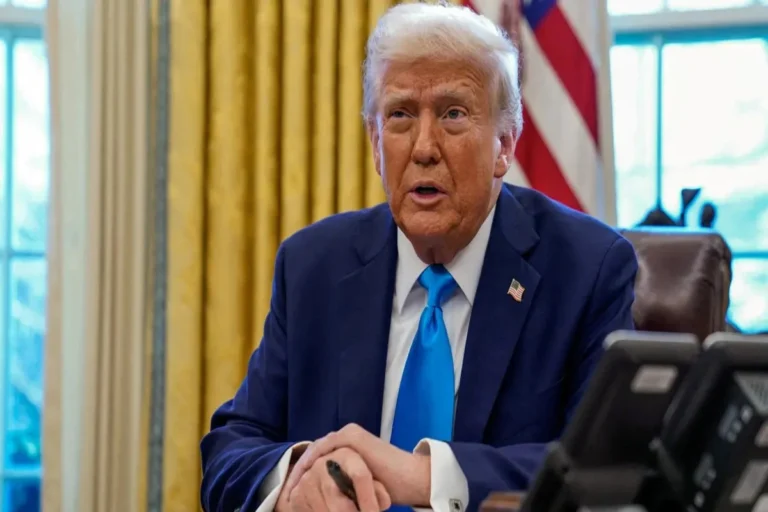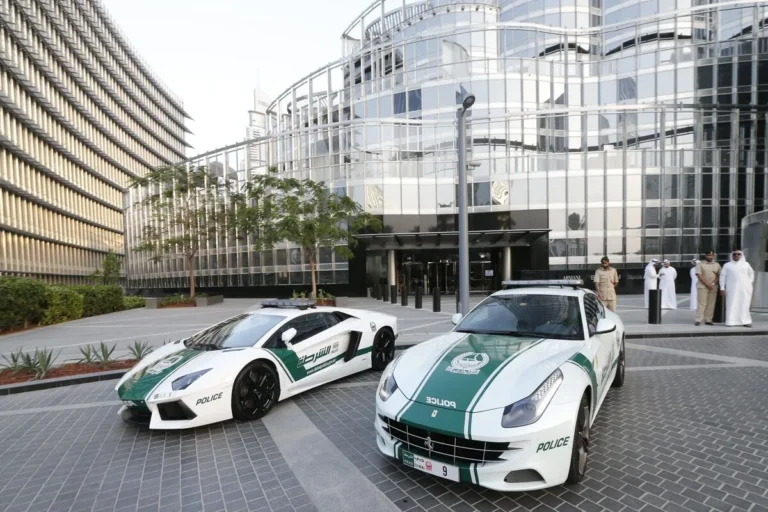Dubai, October 7, 2025- The United Arab Emirates (UAE) will introduce a new UAE Sugar Tax 2026 on January 1, 2026. This upgrade changes how sugary drinks are taxed, moving from a flat 50% tax to one based on the sugar level in each drink. The aim is to encourage consumers to choose healthier options and align with wider Gulf Cooperation Council (GCC) health initiatives.
How the UAE Sugar Tax 2026 Works?
Under the New UAE Sugar Tax 2026 system, all sugar beverages will be grouped on their Sugar amount based on 100 ml. There will be high sugar (8 g or more), medium sugar (less than 5 to 8 grams), and low sugar (less than 5 grams) categories. Each group will pay a separate tax rate set by the government. Energy drinks are 100%, at the highest rate.

The drinks that have only natural sugars without added sweetness can be completely freed from tax. Products with artificial sweeteners can be taxed at a separate or zero rate. Manufacturers and importers need to submit a laboratory report verifying the Sugar amount of their products to ensure correct taxation.
| Sugar Content (per 100ml) | Tax Rate | Notes |
|---|---|---|
| 8g and above (High sugar) | Highest tier rate | Highest tax to discourage high sugar drinks |
| 5g to <8g (Medium sugar) | Moderate tax rate | Mid-tier tax applied |
| Less than 5g (Low sugar) | Lowest tax rate | Lower tax to reward low sugar drinks |
| Energy drinks | 100% excise tax | Tax remains unchanged at 100% |
| Natural sugars only | Possible exemption | Drinks with only natural sugar may be exempt |
| Artificial sweeteners | Potentially zero | Drinks with artificial sweeteners may be taxed lower or exempt |
This tier volumetric system replaces the old flat 50% excise tax, making taxes more fair and connected to how much sugar is in each drink. This change also supports manufacturers to improve products with low sugar, which helps improve public health through the UAE Sugar Tax 2026.
Impact on Consumers and Businesses
New UAE Sugar Tax 2026 will affect the prices of supermarkets, stores and drinks in cafes. Drinks with high sugar levels can be more expensive, especially popular sodas and sweet juices. Conversely, low sugar or zero sugar drinks can cost less, giving consumers better options to save money.

Parents and families should specifically check the product label as marketed beverages for children can change the price depending on their sugar level. Businesses, including retailers and beverage brands, have to update product registration and prepare to labeling with the federal tax authority. They will also need to accommodate prices and stock-keeping labels before the date of starting January 2026 for UAE Sugar Tax 2026.
The Ministry of Finance and Federal Tax Authority have issued guidance to help companies to infection smoothly. Some manufacturers may improve their products to reduce the Sugar amount to fit into brackets cheaply, benefiting both health and sales.
A Move Towards Healthier Choices
The UAE’s decision to switch to the UAE Sugar Tax 2026 model matches practices in GCC and global health standards. It is a strategic action to reduce high sugar consumption, a major cause of obesity and diabetes.

By making sugars drinks more expensive according to its Sugar amount, the government hopes that more people will switch to healthy beverages. This will encourage producers to reduce sugar levels, which will benefit the community’s overall health. Tax also adds fairness by imposing taxes on the actual Sugar amount instead of the product categories only.
To conclude, the UAE Sugar Tax 2026 takes one step forward in public health policy. Consumers should look out for Sugar amount on the label to make smart drink options. Meanwhile, businesses must prepare and update their products to follow the new tax system starting from January 1, 2026. This change promises to promote healthy consumption habits and change the beverage market in the UAE.
Also Read: Social Media Penalties in the UAE 2025: Complete Guide to Influencer Permit Rules














